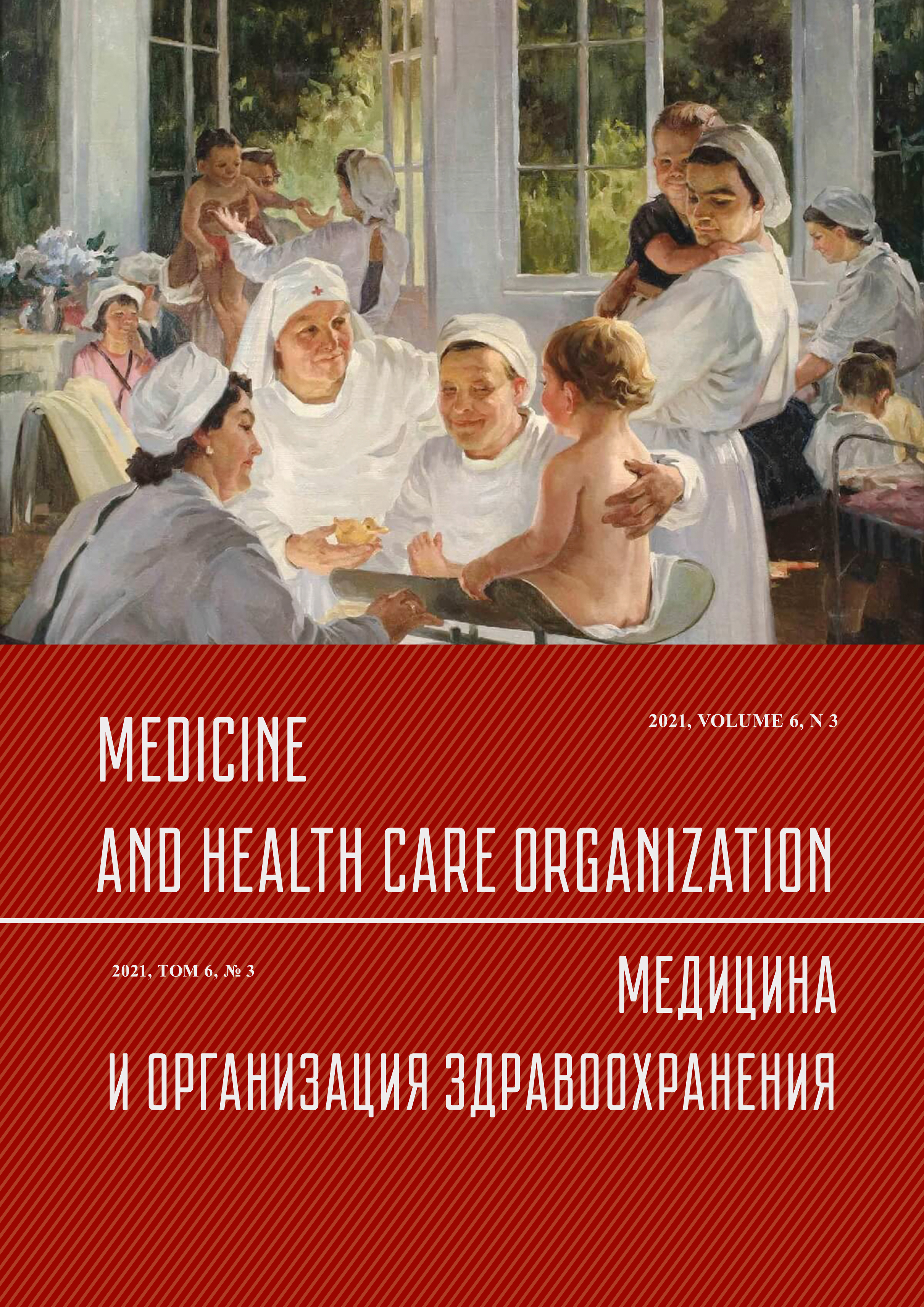Нормативно правовое регулирование организации оказания медицинской помощи в офтальмологии
Аннотация
В статье проведен анализ нормативно правового регулирования организации оказания медицинской помощи в офтальмологии. Увеличение продолжительности жизни населения приводит к росту заболеваний офтальмологического профиля, в связи с чем заболевания глаза и его придаточного аппарата приобретают значимость на государственном уровне. Изучена актуальная законодательная база по совокупности документов различной юридической силы, регламентирующих вопросы организации оказания медицинской помощи пациенту и деятельности медицинских работников по профилю «Офтальмология». В настоящее время в системе специального законодательства в сфере охраны здоровья граждан в Российской Федерации утверждено значительное количество нормативно правовых актов, регулирующих деятельность медицинских учреждений при организации оказания медицинской помощи, многие из которых имеют универсальный характер и применяются вне зависимости от специфики профиля медицинской помощи. Нормативно правовое регулирование организации оказания офтальмологической медицинской помощи имеет свои особенности. В настоящее время ряд стандартов медицинской помощи по профилю «Офтальмология» не является легитимным, отдельные стандарты медицинской помощи по заболеваниям глаза и его придаточного аппарата потеряли свою актуальность. Не разработаны клинические рекомендации для лечения офтальмологической патологии, приводящей к инвалидизации населения (опухоли глаза и его придаточного аппарата, закрытоугольная и вторичная глаукома, острая сосудистая патология сетчатки), и необходимые в практической деятельности врача офтальмолога. Правовые основы медицинской деятельности в офтальмологии представляются важными и актуальными для подготовки врачей офтальмологов, обеспечения единообразия подходов к лечебно диагностическому процессу на всей территории Российской Федерации, соблюдения прав пациента при получении офтальмологической медицинской помощи.



